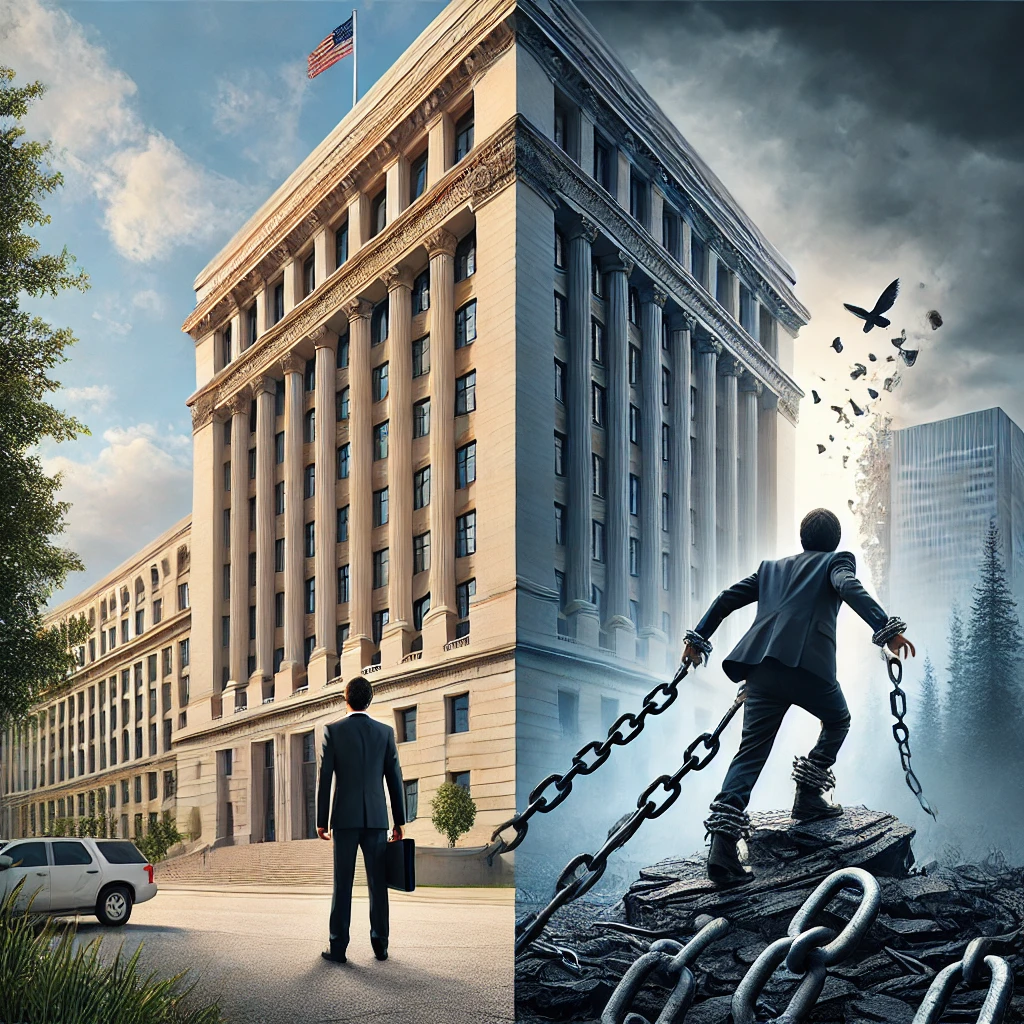In a Facebook post, Len Williamson asked for views on this quote from “The Sociological Imagination” by C Wright Mills:
The life of an individual cannot be adequately understood without references to the institutions within which his biography is enacted. For this biography records the acquiring, dropping, modifying, and in a very intimate way, the moving from one role to another. One is a child in a certain kind of family, one is a playmate in a certain kind of child’s group, a student, a workman, a foreman, a general, a mother. Much of human life consists of playing such roles within specific institutions. To understand the biography of an individual, we must understand the significance and meaning of the roles he has played and does play; to understand these roles we must understand the institutions of which they are a part.” (from “The Sociological Imagination” by C. Wright Mills, Todd Gitlin)
One of my next book projects is about the relationship between street photography and visual sociology, so here are my notes:
The statement from The Sociological Imagination captures a fundamental aspect of sociological thought: the interplay between individual lives and societal structures. Mills argues that we cannot fully understand an individual’s life without considering the social institutions in which they exist. This perspective is vital because it recognises that people do not operate in a vacuum; their identities, behaviours, and life trajectories are profoundly shaped by the social roles they occupy within various institutions, such as family, work, and education.
Mills suggests that individuals move through different roles throughout their lives, and these roles are embedded in institutional contexts. For example, being a child in a family is different from being a student in a school, and both of these are distinct from being a worker in a company. Each role carries specific expectations, norms, and behaviours that influence how an individual sees themselves and how they are perceived by others.
To understand someone’s life story, Mills argues, we need to examine the roles they have played and continue to play. This means understanding the institutions—families, schools, workplaces, and so on—that define these roles. Each institution has its own rules, values, and power dynamics, and these shape the roles within them. For example, the experience of being a mother in a patriarchal society will differ significantly from being a mother in a more egalitarian context.
This perspective is particularly important for understanding how social structures constrain or enable individual agency. It highlights how people’s choices and opportunities are often shaped by the institutional contexts in which they find themselves. For instance, a person may wish to go to university, but if they come from a socio-economic background where access to education is limited, their ability to fulfil this aspiration may be constrained. This is a challenge that universities are constantly trying to address.
However, there is a counter-argument to C. Wright Mills’ emphasis on the primacy of institutions in shaping individual lives. This alternative perspective revolves around the ideas of existentialism, human agency, and individual autonomy and personal responsibility.
Emphasis on Human Agency and Individual Autonomy: One counter-argument is that while institutions do play a significant role in shaping the contexts within which individuals operate, this underplays the importance of individual agency and personal choice. Existentialist thinkers like Jean-Paul Sartre argue that individuals are not merely products of their environments or social roles, but are fundamentally free to make choices that define their existence. According to this view, even within constraining institutional structures, people have the capacity to make decisions that deviate from or even resist the norms and expectations of these institutions.
This argument suggests that reducing an individual’s life to the roles they play within institutions can oversimplify the complexity of human experience. People often navigate multiple, sometimes conflicting, roles and can reinterpret or redefine these roles in ways that express their unique personalities, desires, and values. For example, two people occupying the same role (such as being a parent or a worker) might experience and perform that role in vastly different ways due to their personal choices, creativity, or resistance to institutional pressures.
Focus on Personal Responsibility and Moral Choice: Another angle of critique comes from ethical or philosophical traditions that emphasise personal responsibility. From this standpoint, individuals are not merely passive actors following institutional scripts but are morally accountable for their actions, regardless of the social context. This view might argue that focusing too much on the institutional determinants of behaviour can risk excusing individuals from accountability for their choices, thereby undermining the concept of moral responsibility.
For example, someone might argue that while social and economic institutions can influence criminal behaviour, individuals still have the moral responsibility to choose not to engage in criminal acts. This perspective asserts that understanding individuals primarily through the lens of their institutional roles may neglect the ethical dimension of personal choice and responsibility. This view has clearly been prominent in the judicial treatment of participants in the recent race riots in Britain. Judges have ‘seen through’ defence arguments that try to vindicate individuals on the grounds that were not members of the social group responsible for the disturbance, and instead have emphasised individuals’ personal choice and moral responsibility.
“Paul Williams, 45, was jailed for two years and two months for being at the “forefront” of what a judge described as an “orgy of mindless destruction, violence and disorder” in Sunderland, having originally popped into the city centre to collect a takeaway. Newcastle crown court heard how he threw metal fencing and a can of beer at police after goading officers during the rioting in Sunderland on 2 August. Williams shouted, “Put your shields down and let’s go, let’s fucking go” and took his shirt off as he squared up to police, running at the line of riot shields, the court was told. Sophie Allinson, defending, said her client had not been aware of any protest and his “moment of madness” came after he drank eight cans of lager.” [Source: Man jailed for six years after mob forced Romanians from car during Hull riot | UK news | The Guardian]
If these events had not been so tragic, you could almost laugh at such a defence.
The Potential for Social Change and Transformation: A further counterpoint is that individuals, through their agency, often act as agents of social change, transforming the very institutions that Mills suggests shape them. Social movements, grassroots activism, and innovative practices often emerge from individuals or groups challenging the constraints of existing institutions, rather than merely being shaped by them. This argument suggests that focusing too heavily on the determinative power of institutions can obscure the potential for individuals to reshape these structures, creating new forms of social organisation or roles that better reflect their values and aspirations.
What do I think? There’s a spectrum from the perspective that institutions are entirely in control of our lives (the sociological view), to one that says that we have complete control over our destiny (the existential one). We sit in different places on the spectrum depending on our age, commitments, personal values and the importance that we place on them. As a psychotherapist and educator, I hope that my clients and students would say that I sit much closer to the existential end.
Reference: Mills, C. W. (2000). The sociological imagination. Oxford University Press.

